Touching hearts, even beyond death
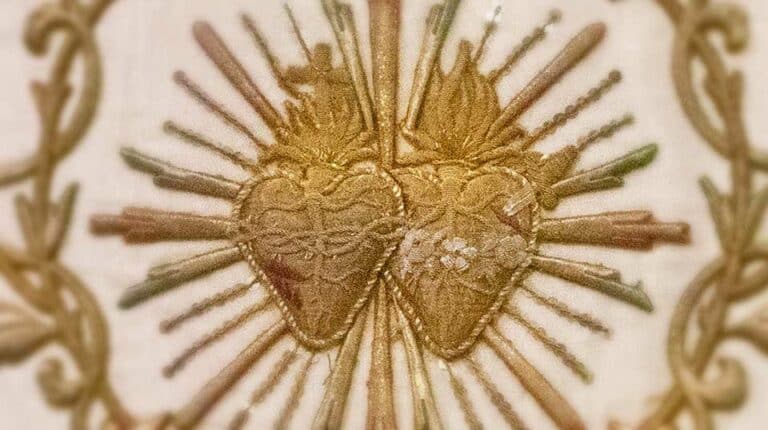
Lecture about Purgatory, by Msgr. Celestino Migliore, Apostolic Nuncio to France, on the feast of the Ascension of Our Lord, on May 26, 2022.

Lecture about Purgatory, by Msgr. Celestino Migliore, Apostolic Nuncio to France, on the feast of the Ascension of Our Lord, on May 26, 2022.
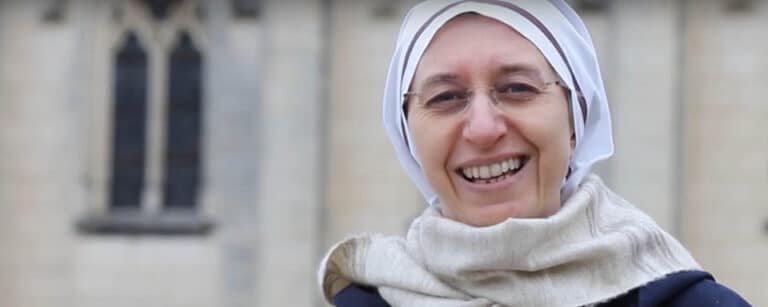
What is the communion of saints? It is like an immense love bank that connects Heaven, earth and the deceased in purgatory. Christ is the Chief and He seeks to get us partake in one another’s salvation. The communion of…
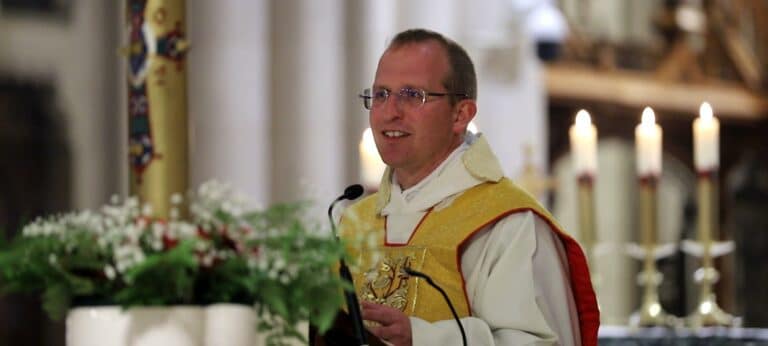
by Rev. Fr. Paul Denizot, on Saturday 16th April 2022 A German theologian said one day that the eventual miracle of a corpse brought back to life, would ultimately not matter since it would not impact our lives in the…
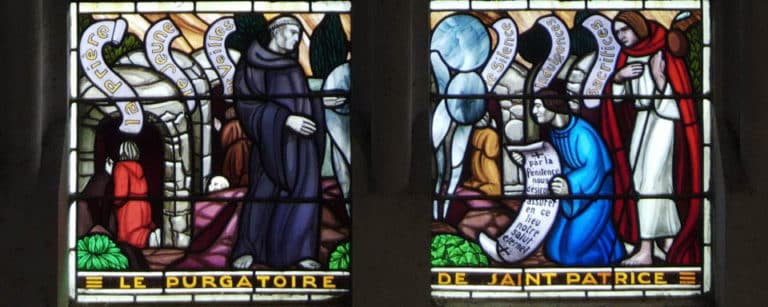
Do we have to go to purgatory prior to entering Heaven? A frightful perspective as we imagine purgatory to be a place of tremendous suffering. Yet it is a kind of “patching up” after death. What is it about? Behind…
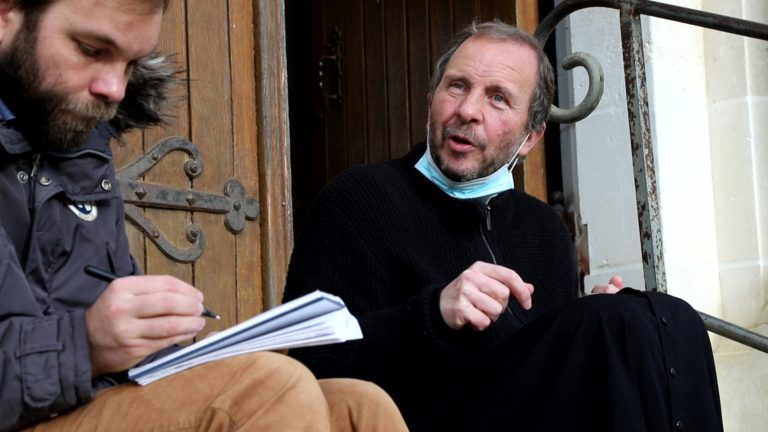
The Fraternity is at the core of the Work of Montligeon. It brings together all the people recommended to the prayer of the shrine. Moreover, it represents an apostolate for all engaged in the Montligeon Prayer Groups. Landmarks by Rev. Fr. Martin…